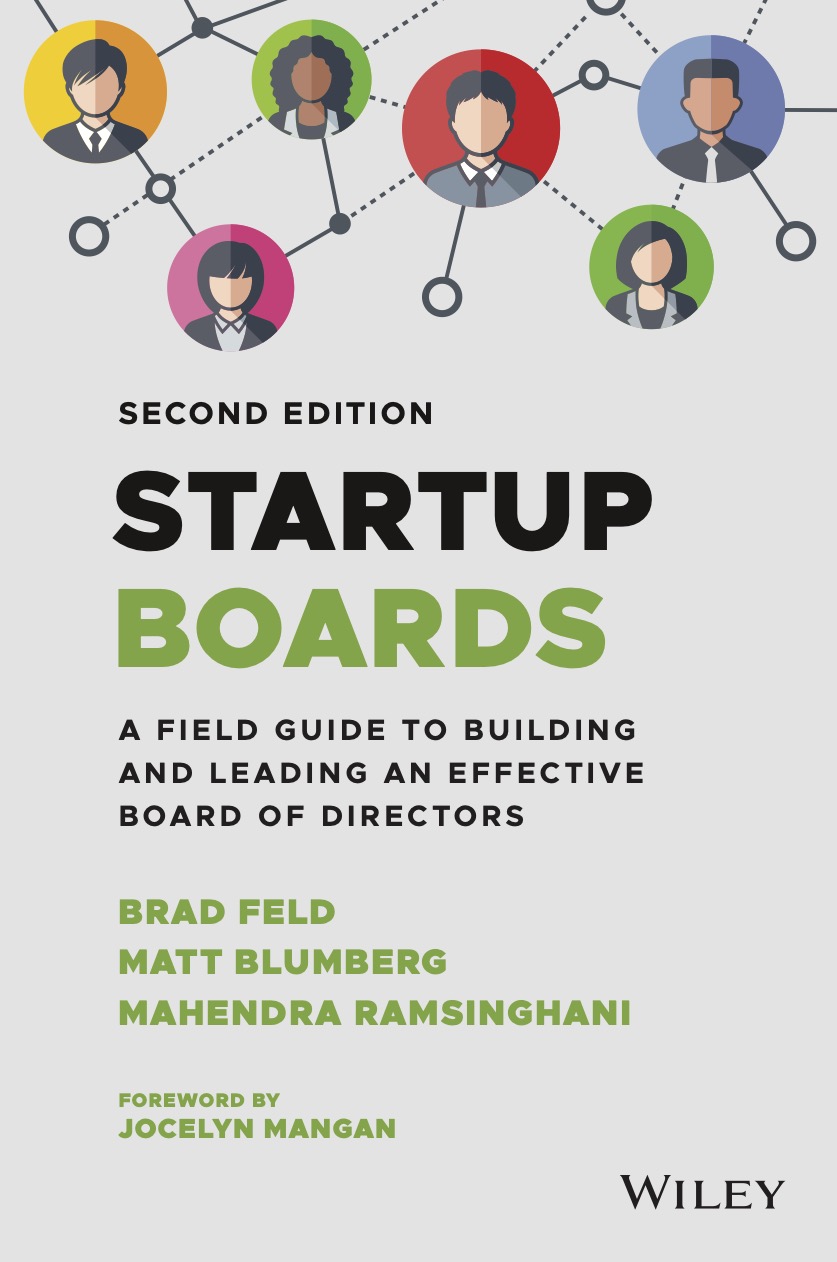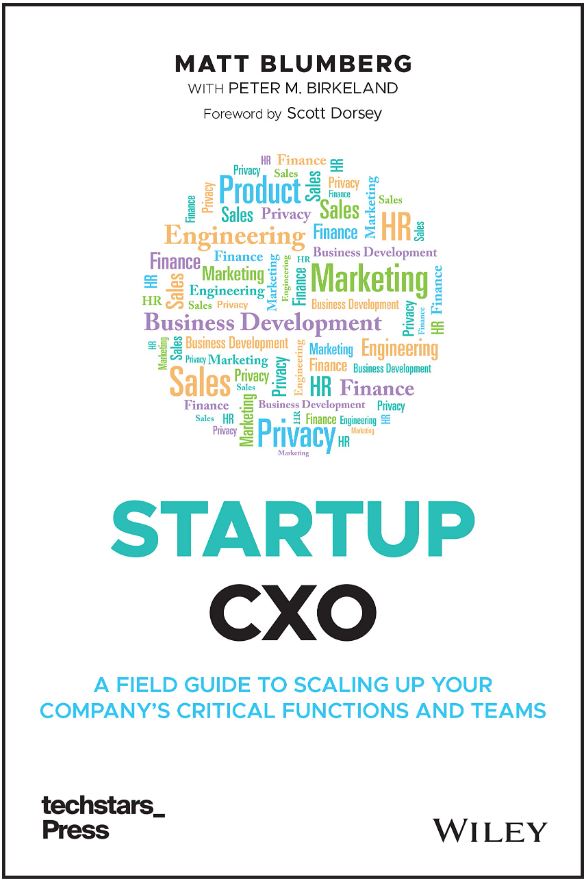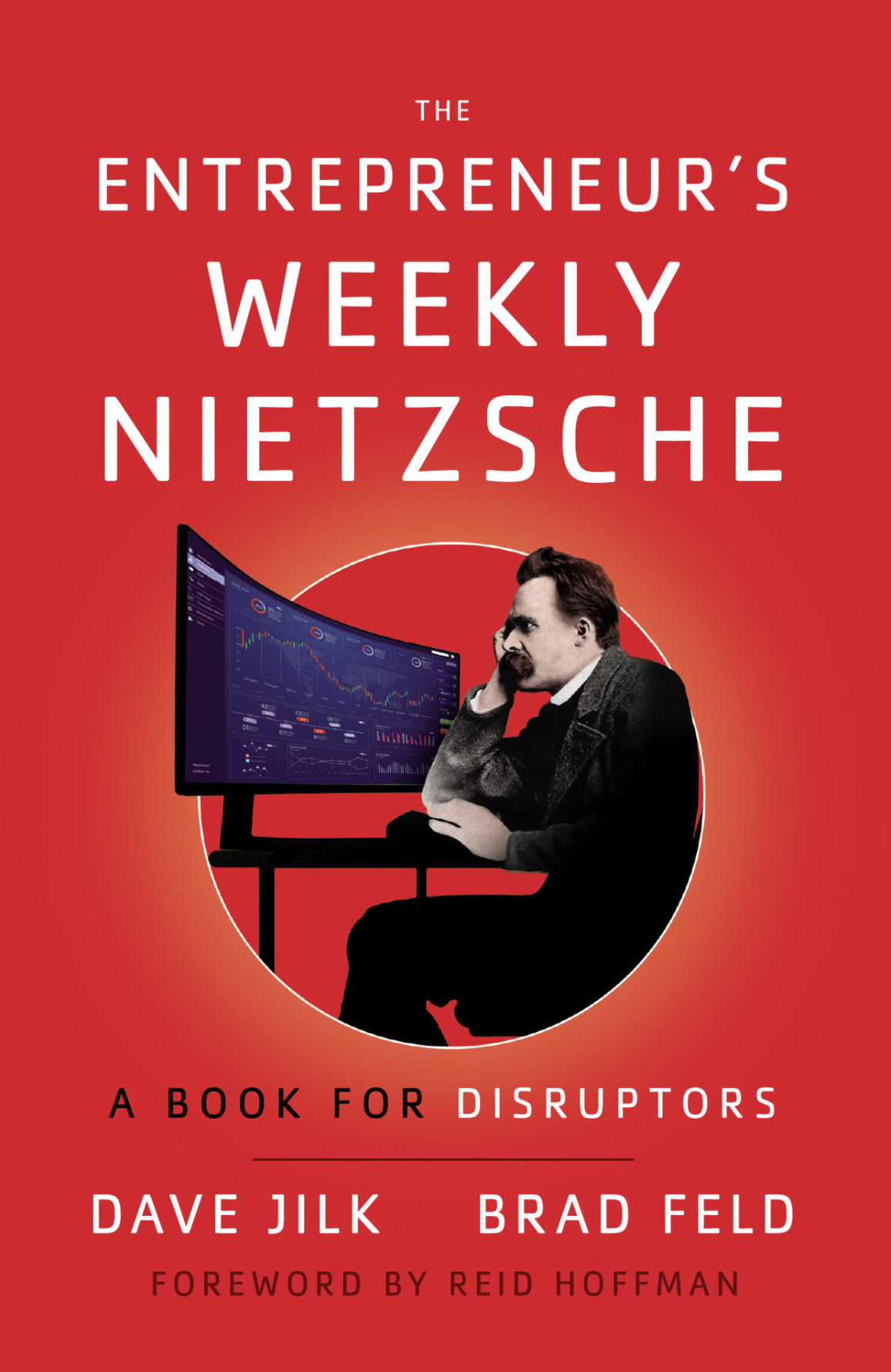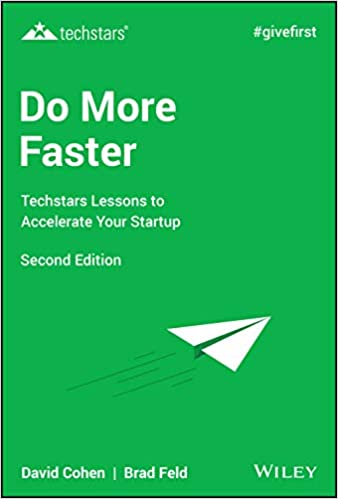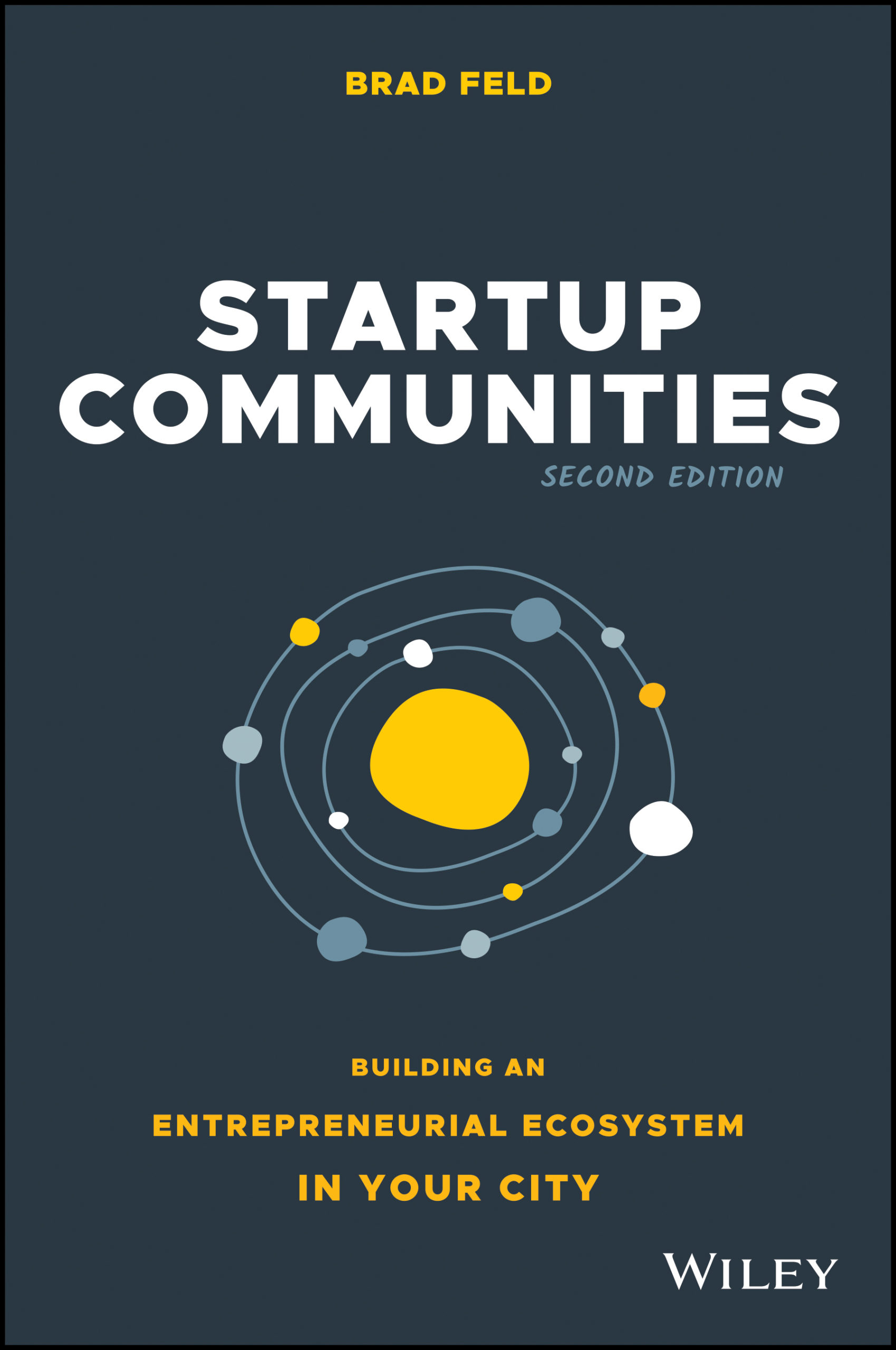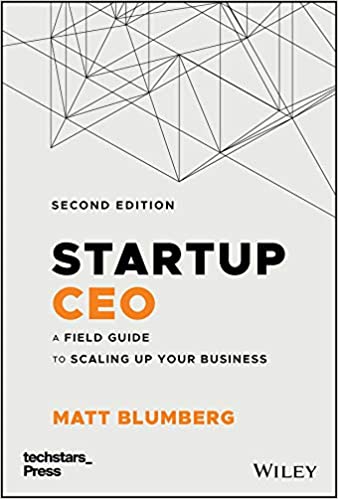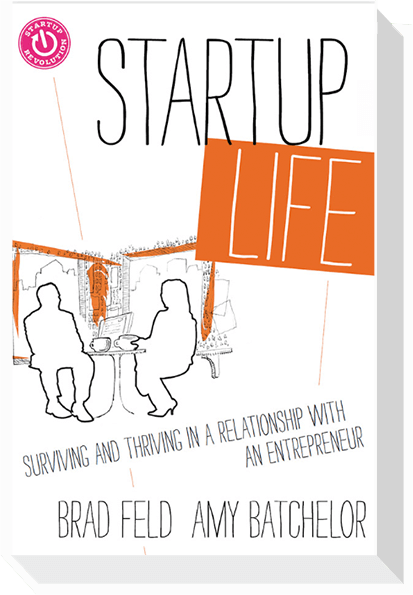The Comparison Game For Startup Community Leaders
My children are all adults now (that does not mean I am done being a parent) and I am reminded of one of my pet peeves that siblings seem to do all the time. That pet peeve is comparing what they did not get as compared to what their sibling received. I used to call it the compare game and they all knew that was a hot button for me and thus to not use that in any of their arguments.
I find that that the same “compare” pet peeve is weaseling itself back into my soul as I work with startup ecosystems around the world. We have all seen this in the rankings of various startup communities. I too am both a victim and purveyor of this. I am sorry, I am trying to rid myself of the ploy.
One of my mantras is: Startup communities are like children – they should never be compared.
You see on one hand; community leaders need a way to see how well they are doing. On the other hand, the same leaders get caught up in using other communities’ attributes as a marker or milestone to set up goals for their community.
I feel like I am back listening to my children again. “If Jessie got a new pair of ice skates, then I should get a new pair too!”. Never mind that her sister did not ice skate or even cared that much for ice skating.
In community speak, it might sound something like this, “Columbus, Ohio has a $100M new venture fund, I should get one too,” says every Midwest city.
I firmly believe that the source of this thinking is rooted in a very simple motivation – we don’t know how to do this and if it works for them, I need to do it too. By-the-way, we have no idea if that action on the part of the Columbus community will do anything to help inspire more entrepreneurs or help build better companies or result in more jobs.
Startup community building is a nuanced game with a thousand small actions that hopefully conspire to create an environment where great things can happen. It’s that simple and complex.
Passionate about building your community? Take a much closer look at the tools, the actions, the activities that community builders are deploying and dig in deep as to their actual efficacy. Then experiment in your own community and see what helps move your community forward.
